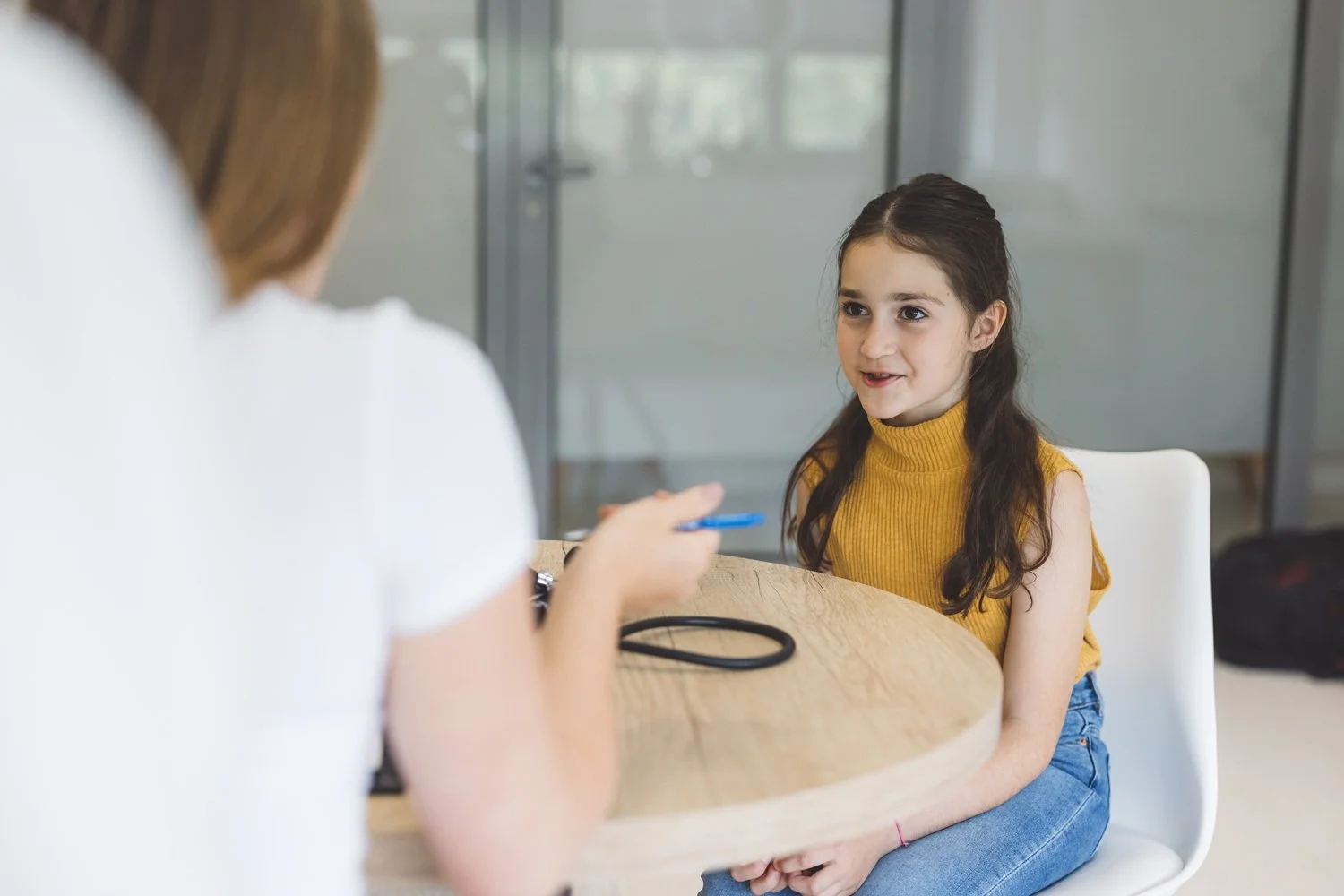What is a Parent's Role in Their Kid's Therapy?
Counseling for kids has the ultimate goal of helping your child process what happens in their life, understand what feelings they’re experiencing, and why, and to help them have an easier time choosing behaviors that are healthy and will serve them well as they grow. Stronger communication skills, techniques for emotional regulation, and systems and routines that promote stability can all be part of child therapy, too.
But where do you, as a parent, come into the picture when it comes to therapy for your child?
Counseling for kids is a whole-family experience
Parents are crucial to the success of child therapy. Your child depends on you for guidance, structure, and co-regulation, and when they learn new skills in therapy, they need to be able to practice them in their daily life. A parent who is an active participant in their child’s therapy will work with the therapist to understand what your child is learning and integrate those lessons and structures into daily family life.
Many child therapists will involve parents in the last 10 minutes or so of a child’s therapy session, bringing the whole family together to go over the skills learned and to guide parents on how to help their child throughout the week. Without this time dedicated to learning alongside your child, they may not remember or make full use of the skills they’ve learned, which delays progress and keeps them from getting the full benefit of therapy.
Therapy is a chance to connect with your kid
Therapy is also an opportunity to connect more deeply with your child; you now have a shared goal of using skills and making changes in the home that help your child, and these changes can easily have an element of fun and togetherness to them. Use therapy as a chance to get the whole family involved, working together to keep routines and systems going, and helping each other use life skills when life gets tough and your child needs extra support.
Parental attitudes make or break therapy for children
A parent’s attitude toward therapy can also influence how invested a child will be in the process. A parent who is late to sessions, who ignores or mocks the skills learned in therapy, who allows siblings or other family members to mock or question a child who is in therapy, and who refuses to learn or integrate systems into everyday life, is a parent who shows the child that what they’re doing in therapy isn’t really important, when it is quite the opposite.
Confidentiality still matters for kids, too
Therapist-client confidentiality is crucial for building trust, even with children. Being able to open up and express yourself freely is a lot easier when you know your therapist will not share personal revelations. Parents may want to know the small details of what their child shares in therapy, but it’s important for your child to feel that what they share with their therapist will stay private until, and if, your child chooses to share the same information with you.
This confidentiality adds a layer of complexity to child therapy because parental involvement is very important, but so is confidentiality and trust. Child therapists near you won’t share a lot of detail about what your child talks about in therapy, but they will involve you in your child’s therapy by sharing information like what skills your child is learning and why they will help.
Parenting skills training can help you when you feel stuck
While there are plenty of handbooks and guides about parenting, and you certainly get plenty of advice on parenting from people around you (whether it’s welcome or not), sometimes you can feel totally stuck as a parent. Some situations and some behaviors can be beyond your ability to navigate alone. This isn’t a failure! We can’t know everything, especially when we haven’t always had constructive parenting skills modeled for us in our lives.
Parenting skills training, like the Nurturing Parent program, can give you ideas and techniques to try out in your own home to create a more harmonious family environment. Your child’s therapist can also help you better understand the “why” of your child’s experiences and behaviors, and help you strategize responses and approaches that coordinate well with both your child’s therapy work and their well-being.
Many child therapists offer parenting skills training alongside child therapy, as a way to support parents who may feel stuck, while the therapist also helps their child to grow and thrive. Positive reinforcement, expressing and fostering feelings of attachment, building empathy, nurturing yourself as a parent, offering gentle touch, enacting effective discipline, setting expectations, and fostering self-worth are all part of a strong parenting skills program.
A North Texas Adult & Child Counseling Center child therapist can help your whole family flourish
You have a place in making therapy a success for your kid. A parent who is open-minded, flexible, and ready to learn alongside your child is a parent who will help a child get the most out of therapy. When you’re looking for a child therapist near me who will help you as a parent to improve your parenting skills and will facilitate North Texas Adult & Child Counseling Center makes parents a part of a child’s therapy experience from the beginning, as well as offering parenting skills training, so the whole family can benefit from taking the brave step of seeking therapy for your child. Connect with us today to see how we can help your family succeed!



